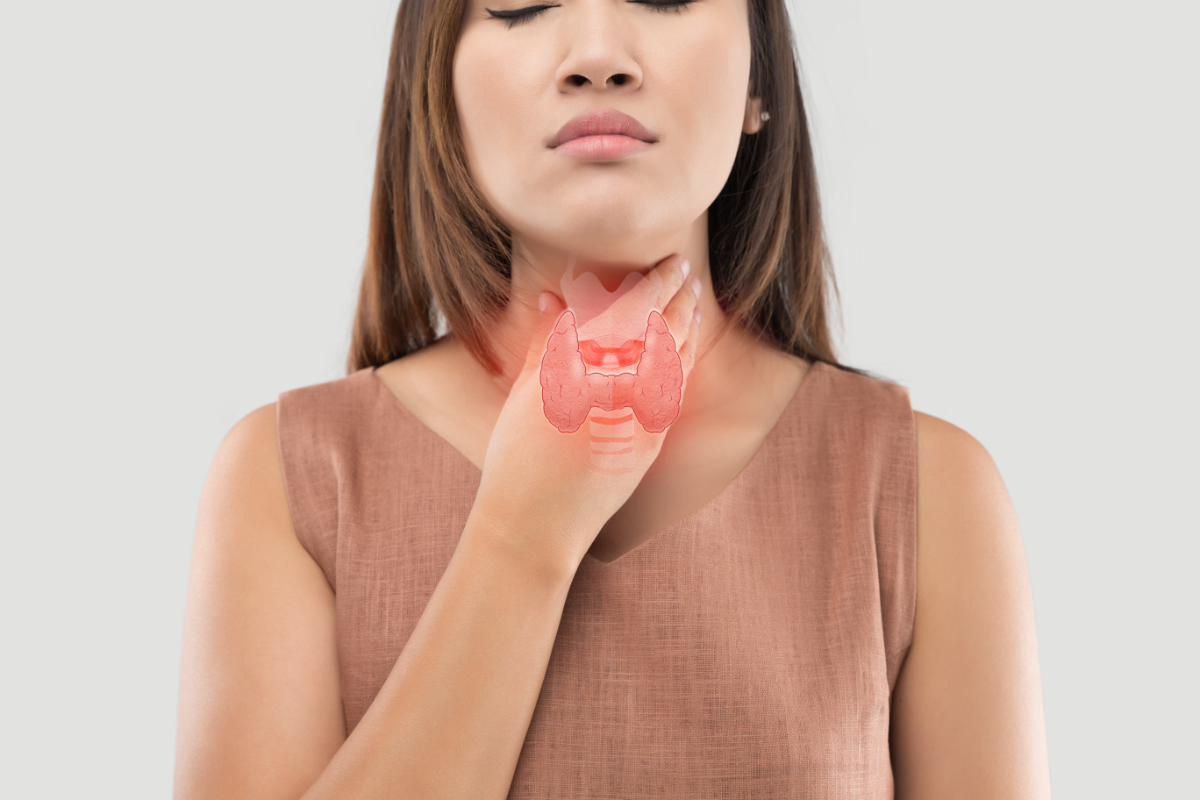Discover the AIP paleo protocol to learn how to manage your symptoms
The AIP protocol is a short-term elimination diet. This method allows people with autoimmune diseases to determine whether they have food allergies or sensitivities. This so-called “Paleo AIP” diet helps to increase the nutritional quality of the plate on a daily basis. As a result, the intestinal flora, as well as the entire body, returns … Read more










